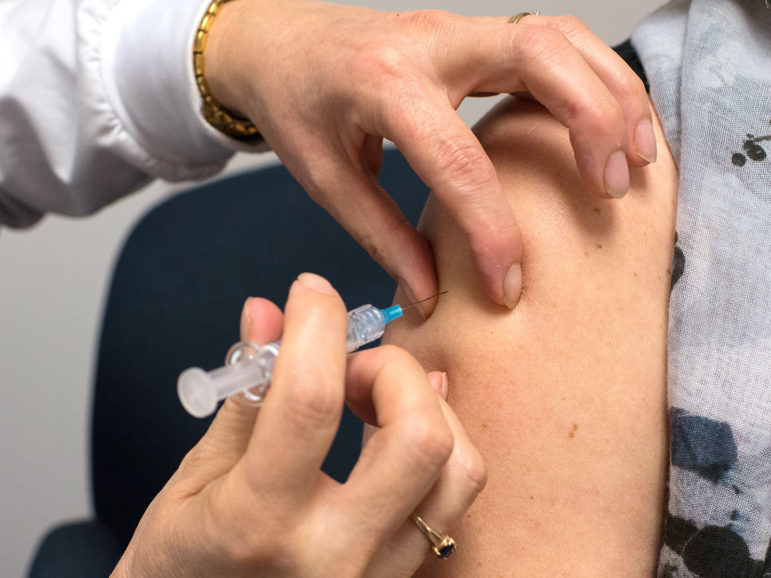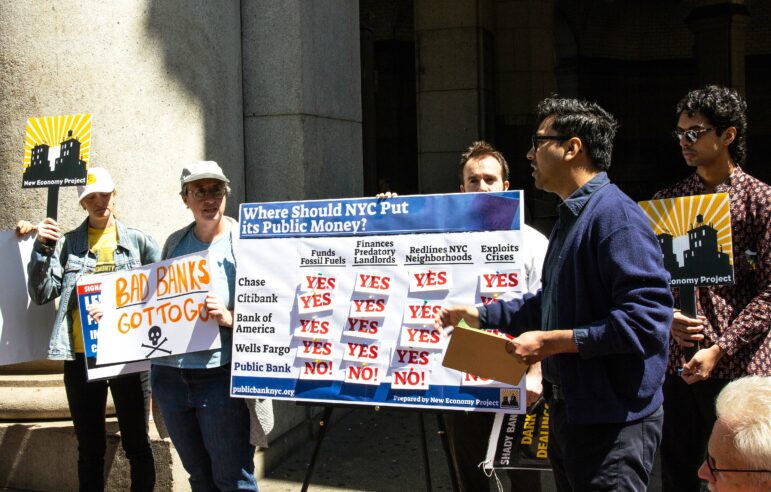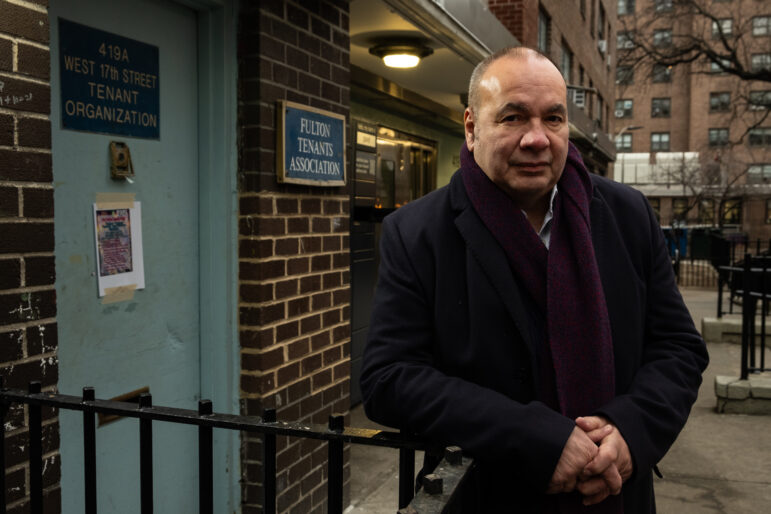
Measles is highly contagious, potentially deadly disease preventable by a safe, effective, and common vaccine. Currently, New York State is experiencing its worst outbreak in decades with almost 200 cases confirmed since September. Only 54 cases in Washington State recently prompted Governor Jay Inslee to declare a state of emergency. In 2014, when 159 cases erupted in California, that state passed legislation to end its personal religious exemption from mandatory vaccinations. The effort was extremely successful, with vaccination rates among kindergartners increasing up to 30 percent between 2014 and 2016.
New York’s law needs similar amendment. A bill currently before the State Assembly would end the religious exemption for mandated school-age vaccination based on this public health necessity, preserving the medical exemption for students unable to tolerate the vaccine who are most at risk of contracting the disease from other unvaccinated students. Eliminating the religious exemption is constitutional based on unambiguous Supreme Court precedent in Prince v. Massachusetts (1944) holding that “the right to practice religion freely does not include liberty to expose the community or the child to communicable disease or the latter to ill health or death.”
No major religion supports the anti-vaccination, or anti-vax, movement despite such concerns as the possible use of strains originally from aborted fetal tissue as a growth agent ingredient for vaccines. In New York the issue thus devolves to parents’ claim of a “personal religious exemption” based on individual beliefs apart from moral or philosophical grounds which are not protected. Such requests were once rare, posing little public health threat. But with the rise of the internet, personal religious exemption claims are now numerous, spurred by anti-vax instructions such as the first item on a Google search for “how to claim a religious exemption to immunizations in New York State.”
The problem is amplified by New York State’s Education Commissioner, MaryEllen Elia, a religious exemption proponent whose position leaves the State’s school children and others wide open to disease. In a well-known 2015 decision, Elia overturned New York City’s denial of an exemption when a mother claimed her “own interpretation of official Russian Orthodox Church teachings and doctrines” against measles vaccination despite “differ[ing] from those of the Russian Orthodox Church.”
Get the best of City Limits news in your inbox.
Select any of our free weekly newsletters and stay informed on the latest policy-focused, independent news.
Such convoluted logic allows any assertion of personal belief couched in religious terms to exempt children from vaccination, putting them and others who are unvaccinated, at considerable risk of disease. The degree of idiosyncratic, inconsistency is demonstrated by Elia’s more recent 2018 denial of an exemption based on a similar facts since the parent’s claim was deemed insufficiently religious in nature. The public’s protection from disease should not be reduced to the artfulness of petitioners’ pleadings.
Legal reform is not the only solution to decreased rates of vaccination. Public education is paramount in addition to careful review of parent requests for medical exemptions by competent school district personnel since these are also subject to abuse. But New York, an epicenter of increased measles exposure, can take a major step nationally and internationally in controlling this and other serious disease by this common-sense statutory reform of school immunization requirements.
David C. Bloomfield is Professor of Education Leadership, Law and Policy at Brooklyn College and The CUNY Graduate Center. He is the author, among other works, of American Public Education Law, 3rd edition.








